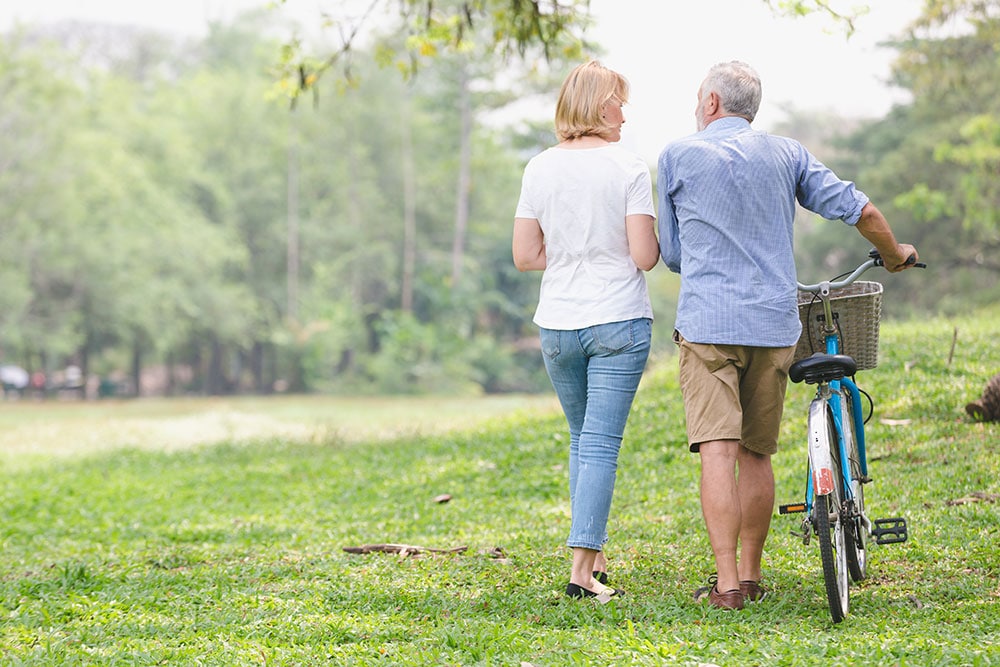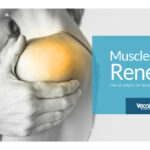Knee pain can result from various injuries and diseases. It can arise suddenly and persistently or may develop gradually and occur intermittently. A huge portion of patients who visit their doctors annually for musculoskeletal pain – one-third – are seeking knee pain relief.
While the possibilities are broad, there are a few particularly common conditions associated with knee pain when bending it, all of which can be remedied with non-surgical knee pain treatment.
Torn Tendons and Ligaments
When you bend the knee or put weight on it, it may hurt due to tendon or ligament tears, as indicated by the United Kingdom’s National Health Service (NHS). If the tendons on the side of your knees become damaged, you may also feel pain when your knee is not in use. Sometimes when you have a torn ligament, it will create a sense of imbalance in the knee and feel vulnerable when you stand or bend it – in which case, the NHS advises to see a doctor immediately.
Runner’s Knee
Athletes often experience patellofemoral pain, commonly known as runner’s knee, when bending their knees. The American Academy of Orthopedic Surgeons notes that runner’s knee often occurs because muscles are out of balance or are being overused, or because stretching is insufficient. Typical scenarios in which this type of pain is experienced are squatting, kneeling, sitting with knees bent, or when using the stairs.
Jumper’s Knee
Damage to your patellar tendon is often called jumper’s knee. With this condition, you will lose strength and flexibility in your calves. As indicated by its name, jumper’s knee often occurs after someone has repeatedly jumped and landed on their feet, as occurs in basketball and volleyball.
Bursitis
With bursitis, the bursae – fluid-filled protective sacs within the knee – become inflamed. The condition can give rise to chronic pain, especially when you are frequently squatting or kneeling. When bursitis arises from repeated kneeling, it is sometimes called preacher’s knee.
Arthritis
The risk for osteoarthritis, the most frequently occurring form of arthritis, rises as we age. Decreased range of motion, stiffness, inflammation, and pain can all result from gradual deterioration of the knee’s cartilage. Decline in cartilage, inflammation, and pain in the knee can also be symptoms of rheumatoid arthritis.
Non-Surgical Knee Pain Treatment in Orlando
Are you in need of knee pain relief when bending your joints or when they are at rest? KneeVisc 5® takes the latest FDA Approved, injection-based knee pain treatment and incorporates it into a fully comprehensive treatment plan to maximize results.




